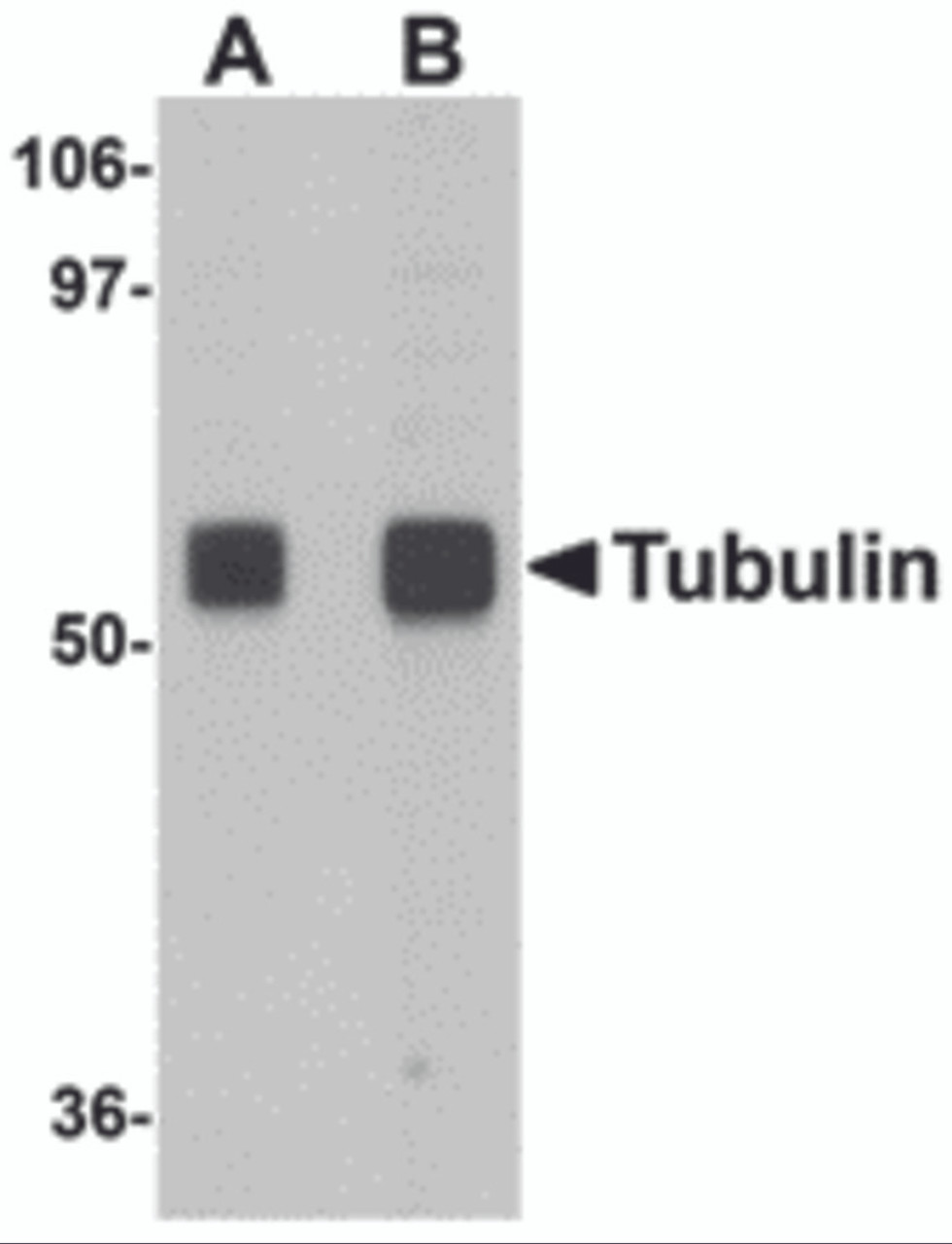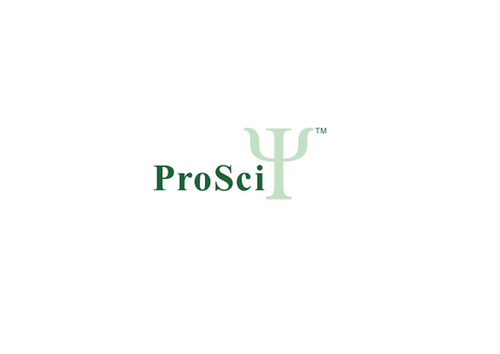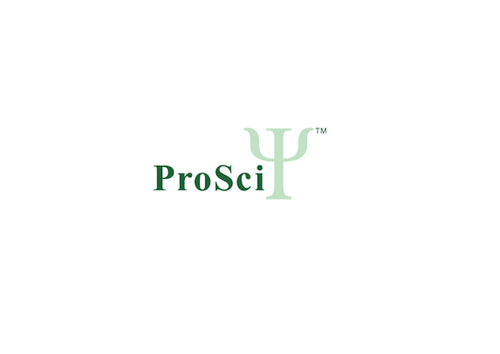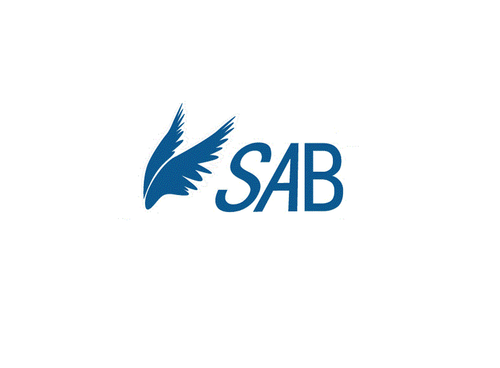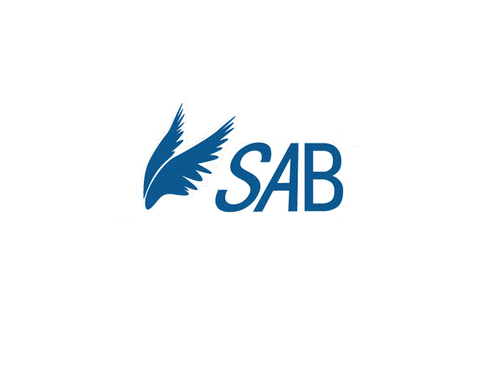Product Description
Alpha-tubulin Antibody | 5103 | ProSci
Host: Chicken
Reactivity: Human, Mouse, Rat
Homology: Predicted species reactivity based on immunogen sequence: Bovine: (100%) , Pig: (100%) , Chicken: (100%)
Immunogen: Tubulin antibody was raised against a 16 amino acid synthetic peptide near the amino terminus of human Tubulin.
The immunogen is located within amino acids 140 - 190 of Alpha-tubulin.
Research Area: Homeostasis
Tested Application: E, WB
Application: Tubulin antibody can be used for detection of Tubulin by Western blot at 0.5 - 1 μg/mL.
Antibody validated: Western Blot in rat samples. All other applications and species not yet tested.
Specificiy: N/A
Positive Control 1: Cat. No. 1463 - Rat Brain Tissue Lysate
Positive Control 2: N/A
Positive Control 3: N/A
Positive Control 4: N/A
Positive Control 5: N/A
Positive Control 6: N/A
Molecular Weight: N/A
Validation: N/A
Isoform: N/A
Purification: Alpha-tubulin Antibody is affinity chromatography purified via peptide column.
Clonality: Polyclonal
Clone: N/A
Isotype: IgY
Conjugate: Unconjugated
Physical State: Liquid
Buffer: Alpha-tubulin Antibody is supplied in PBS containing 0.02% sodium azide.
Concentration: 1 mg/mL
Storage Condition: Alpha-tubulin antibody can be stored at 4˚C for three months and -20˚C, stable for up to one year. As with all antibodies care should be taken to avoid repeated freeze thaw cycles. Antibodies should not be exposed to prolonged high temperatures.
Alternate Name: Alpha-tubulin Antibody: TUBA2, bA408E5.3, TUBA2, TUBA3D, Alpha-tubulin 2
User Note: Optimal dilutions for each application to be determined by the researcher.
BACKGROUND: Alpha-tubulin Antibody: Alpha-tubulin belongs to the tubulin superfamily, which is composed of six distinct families. Along with beta-tubulins, alpha-tubulins are the major components of microtubules. These microtubules are involved in a wide variety of cellular activities ranging from mitosis and transport events to cell movement and the maintenance of cell shape. Alpha- and beta-tubulin dimers are assembled to 13 protofilaments that form a microtubule of 22-nm diameter. Tyrosine ligase adds a C-terminal tyrosine to monomeric alpha-tubulin. Assembled microtubules can again be detyrosinated by a cytoskeleton-associated carboxypeptidase. Another post-translational modification of detyrosinated alpha-tubulin is C-terminal polyglutamylation, which is characteristic of microtubules in neuronal cells and the mitotic spindle. Like GAPDH and beta-Actin, this antibody makes an excellent loading control in immunoblots.
 Euro
Euro
 USD
USD
 British Pound
British Pound
 NULL
NULL


